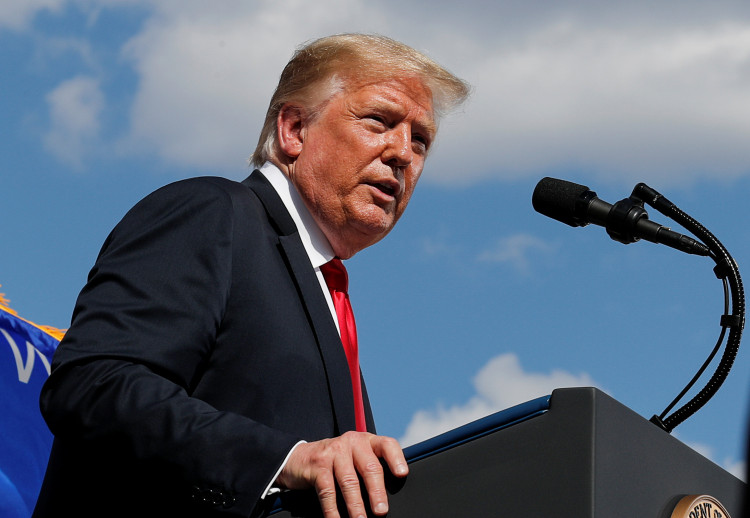A federal judge on Friday temporarily blocked key provisions of President Donald Trump's executive orders aimed at dismantling diversity, equity, and inclusion (DEI) programs within the federal government. The ruling marks a significant legal setback for the administration as it moves to eliminate DEI-related initiatives in government contracts, education, and corporate America.
U.S. District Judge Adam Abelson, an appointee of former President Joe Biden, issued a preliminary injunction preventing the administration from terminating or altering contracts deemed to be DEI-related. The order also bars the government from enforcing the False Claims Act provision that would have allowed legal action against entities failing to comply with the new DEI restrictions.
"Plaintiffs, who have easily established their standing to bring this case and irreparable harm, have shown they are likely to prove the Termination and Enforcement Threat Provisions are unconstitutionally vague on their face," Abelson wrote in his decision. He further asserted that the provisions constituted viewpoint discrimination, which he described as the most “'blatant' and 'egregious form of content discrimination' is viewpoint discrimination."
The lawsuit was filed by the city of Baltimore and several higher education groups, arguing that the administration had exceeded its authority and was infringing on First Amendment rights. The plaintiffs contended that the executive orders, signed on Trump's first day in office, created confusion and legal uncertainty for federal agencies and contractors.
The executive orders mandated federal agencies to terminate any contracts or grants tied to DEI programs. The administration argued that these measures were necessary to prevent taxpayer funds from supporting what Trump has described as "discriminatory" and "woke" initiatives. However, Abelson rejected this claim, citing hypothetical scenarios such as a teacher using federal funds to teach about Jim Crow laws or a construction worker repairing roads in low-income communities. The judge noted that the broad language of the orders made it impossible to determine whether such activities would be considered DEI-related under the new rules.
Abelson's ruling does not prevent the Department of Justice from investigating DEI initiatives, but it temporarily halts enforcement actions while the case proceeds. The ruling is expected to escalate tensions between the administration and the judiciary, with Vice President J.D. Vance previously asserting that judges should not have the power to "control the executive's legitimate authority."
The ruling comes as part of a broader legal battle over Trump's efforts to reshape the federal government. The administration's newly created Department of Government Efficiency (DOGE) has also faced resistance in the courts, with judges blocking its access to the Treasury's payment system. In response, DOGE director Elon Musk has called for the impeachment of judges obstructing the administration's policies.
In his ruling, Abelson cited previous Supreme Court decisions affirming that the government cannot suppress disfavored speech through legal threats. "The White House and attorney general have made clear, through their ongoing implementation of various aspects of the J21 order, that viewpoints and speech considered to be in favor of or supportive of DEI or DEIA (diversity, equity, inclusion, and accessibility) are viewpoints the government wishes to punish and, apparently, attempt to extinguish," Abelson wrote.
The Justice Department defended the executive orders, with attorney Pardis Gheibi arguing that "the government doesn't have the obligation to subsidize plaintiffs' exercise of speech." The administration maintains that its actions align with existing legal precedents and are necessary to eliminate what it considers discriminatory practices.






